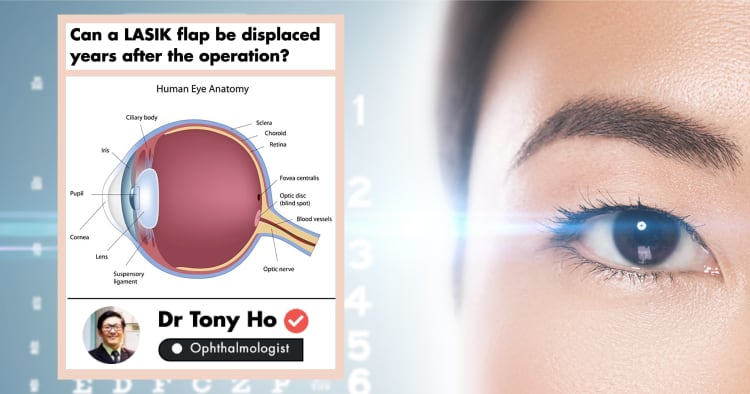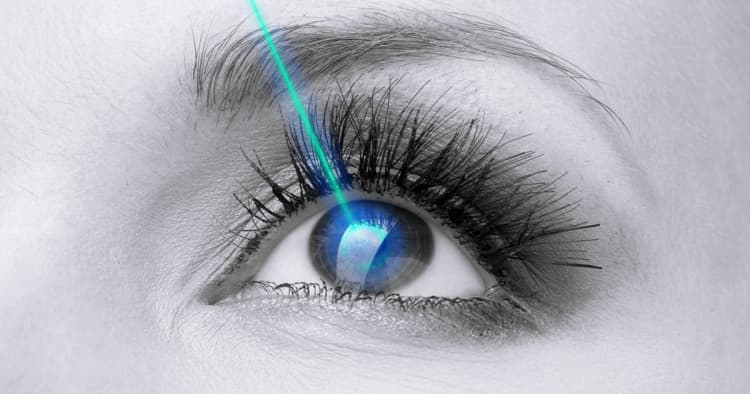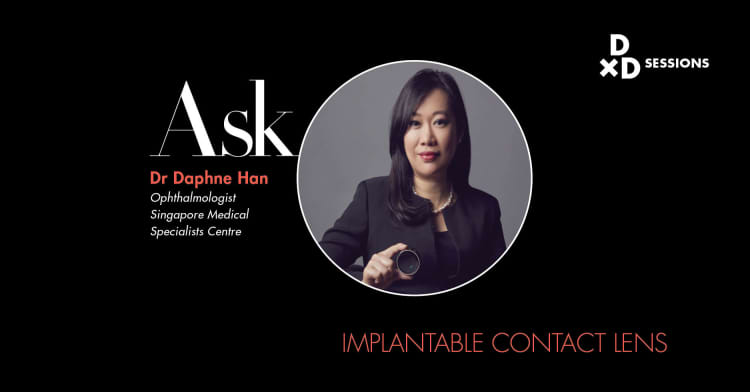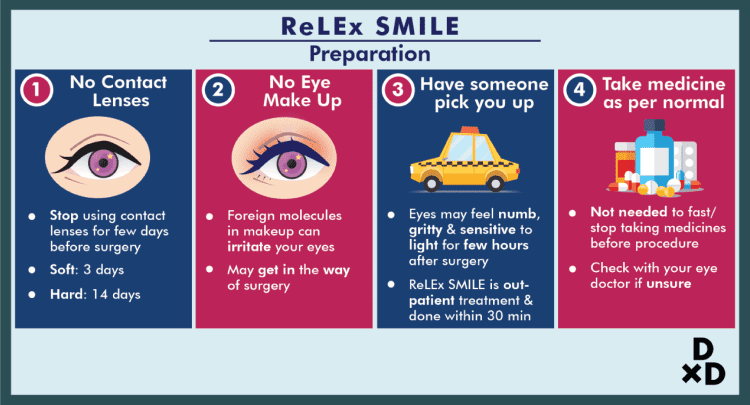Is that LASIK procedure you’ve been looking forward to finally done? Bear in mind, however, there are a few concerns and possible complications to take note of even after a smooth and successful LASIK surgery.
Dr Tony Ho is an Ophthalmologist with 25 years of specialty experience in Refractive Surgery and he has answered several questions on Human related to post LASIK-surgery care. Here are some of his key takeaways.
What is LASIK, and is it safe?

LASIK is a corneal flap-based procedure which involves cutting a section of the cornea to create an external flap using a blade or a Femtosecond laser (bladeless LASIK) as part of the vision correction process.
There are some risks but in general, LASIK is considered very effective and safe in most instances, having gone through a number of improvements and advancements in technology over the years. [1]
Read more about the post-procedural risks of LASIK here: How common are post-LASIK complications such as dry eyes, haloes, glare, double vision, starburst, and loss of night vision?
Can a LASIK flap be displaced years after the operation?

Yes, it possible for a LASIK flap to be dislodged or displaced even 10 or more years after the procedure.
Some symptoms that may indicate a displacement in the LASIK flap may include blurred vision as well as irritation or sharp pain. [2]
It is best to schedule an appointment with your doctor as soon as possible if you're experiencing any of these symptoms.
Be careful with tap water and other substances right after epi-LASIK

Post-epi-LASIK management is extremely important to prevent germs from entering the site of the surgical procedure as it may potentially cause an infection.
Hence, it is recommended not to let tap water or any other substances like sweat or make-up get in contact with your eyes, especially for the first 5 days right after the surgery. [3]
How do you deal with presbyopia after LASIK?

Presbyopia can occur naturally with age, causing the natural lens to harden and making it increasingly difficult to focus on nearby objects.
Aside from age factors, individuals who have undergone LASIK procedures can also develop presbyopia. For those who have the condition can opt for presbyopia correction but this would depend on your corneal thickness.
Do bear in mind that presbyopia is a dynamic condition with no complete cure at present, so doctors can only offer solutions to reduce your dependency on glasses. [4]
Further reading on how to deal with presbyopia after LASIK: Is it possible to have cataract surgery that also corrects myopia, presbyopia, and astigmatism after LASIK?
Dry eye symptoms are possible after LASIK
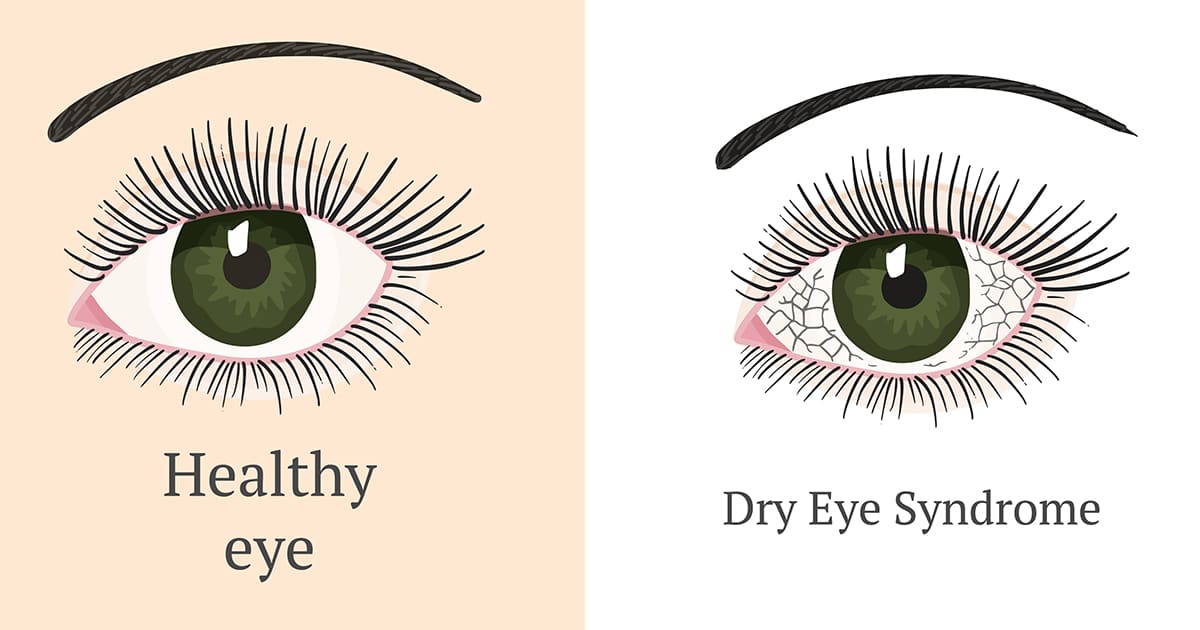
In some instances, the cut corneal flap necessary for LASIK may introduce an increased risk of procedure-induced dry eyes. To be safe, you should visit your ophthalmologist for a comprehensive evaluation of your eyes and any history of dry eyes syndrome that you may have. [5]
What can I do if I still get dry eyes more than 1 year after LASIK?

If you experience dry eyes that persist for more than a year after your LASIK procedure, you should visit an eye doctor for the following prescribed treatment options:
- oil-based lubrication eye drops like Cationorm,
- oral supplements with Omega-3 fatty acids,
- lacrimal puncta plugs or
- nightly ciclosporin eyedrops.
You should also go for an eye examination to identify the underlying causes of your dry eyes. Very often, the cause of dry eyes may not necessarily be due to the LASIK procedure. Other factors like prolonged computer hours may be the real cause for your dry eyes. [6]
LASIK surgery can be a wonderful solution to your vision problems but you should be fully prepared for any complications or concerns before and after the procedure.
Dr Tony Ho is an Ophthalmologist and is currently with the Eye Care Clinic at Mount Elizabeth Medical Centre. Dr Ho has over two decades of experience and is a respected figure in the field of Ophthalmology and Refractive Surgery.
